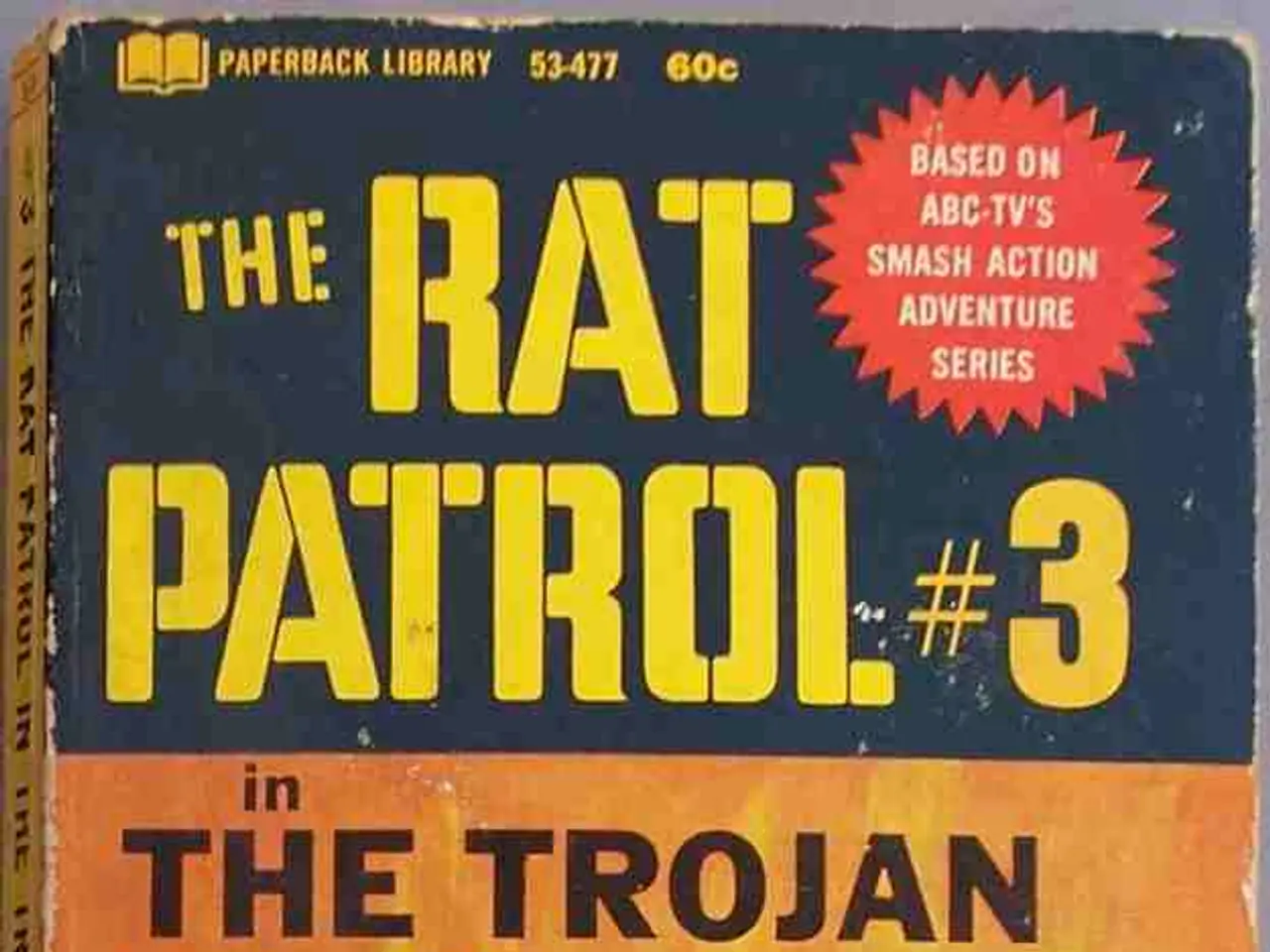Expanding Influence of Wagner Group in the Sahel: Implications for Counter-Terrorism Efforts in the Region
In the heart of West Africa, Burkina Faso's potential collaboration with the Wagner Group, a Russian private military company (PMC), is causing ripples of concern in Western and regional circles. This partnership, if confirmed, carries significant implications and controversies, primarily revolving around security, sovereignty, and human rights.
The Wagner Group's involvement is part of a broader Russian strategy in Africa. This strategy combines military support—including arms sales, training, and PMC deployments—with political and economic alliances. This cooperation strengthens Burkina Faso's capacity to combat terrorism but also deepens Russia's influence in the region.
Western states, however, express concerns about Wagner’s role in resource extraction schemes in African countries, often benefiting local elites linked to authoritarian regimes rather than delivering sustainable protection or development. Russia’s footprint in Burkina Faso is viewed as part of a low-cost, high-impact strategy that exploits information voids with disinformation while using military contractors as proxies, thereby undermining Western influence.
The partnership also raises questions about human rights and governance in Burkina Faso, a country under a military junta led by Captain Traoré. His governance style has been criticized for "Big Man" autocratic tendencies, including shrinking civic space and increasing human rights violations. This raises concerns about the long-term sustainability and legitimacy of the partnership with Wagner.
Moreover, Burkina Faso’s withdrawal from some regional frameworks like ECOWAS complicates regional security collaboration, essential for countering transnational threats like terrorism. The Wagner partnership may further isolate Burkina Faso from these mechanisms, potentially destabilizing the broader Sahel security architecture.
Economically and strategically, while Russia provides limited financial aid compared to the West, it offers arms and security services linked to resource extraction deals. Western sanctions target Wagner-linked entities, but the network remains resilient through opaque financial and logistical channels, notably in gold and diamond trades, complicating Western efforts to curb Russian influence.
In summary, Burkina Faso's collaboration with the Wagner Group enhances its immediate security capabilities against insurgency but fuels Western concerns about increased Russian influence, diminished democratic governance, human rights abuses, and the destabilization of regional security cooperation. The situation remains dynamic, with significant uncertainty regarding the long-term outcomes of this partnership amid evolving geopolitical competition in Africa.
As West Africa becomes a main locus for global militant Islamist movements outside the Middle East, taking constructive steps toward sustainable peace in Burkina Faso is increasingly important. Stability, security, and effective governance should be prioritized, rather than treating Burkina Faso as a theater of great power competition. Sustainable peace requires multilateral cooperation, including other African states, with a commitment to respect for human rights and openness to negotiations with ethnic and militant leaders.
- The Wagner Group's involvement in Burkina Faso's counterterrorism efforts, driven by a broader Russian strategy, raises concerns about military, political, and economic influence in West Africa.
- Russia employs a strategy that includes military support, political alliances, and economic advantages to increase its presence in the region, with controversial consequences for national security.
- The partnership between Burkina Faso and the Wagner Group, under the current military junta led by Captain Traoré, face criticisms related to human rights, governance, and democratic legitimacy.
- The Wagner Group's presence may lead to the exploitation of resources in favor of local elites, rather than promoting sustainable development, causing concerns within Western circles.
- The withdrawal from regional frameworks like ECOWAS by Burkina Faso may exacerbate security challenges and complicate efforts to counter transnational threats, such as terrorism.
- International policymakers and legislators must navigate the intricate web of war-and-conflicts, crime-and-justice, and casino-culture in Africa, as the Wagner Group's involvement evolves in casinos and casino personalities, against the backdrop of general news and information voids.
- To maintain regional stability and combat militant Islamist movements effectively, prioritizing sustainable peace through multilateral cooperation, respect for human rights, and openness to negotiations with ethnic and militant leaders is crucial.




